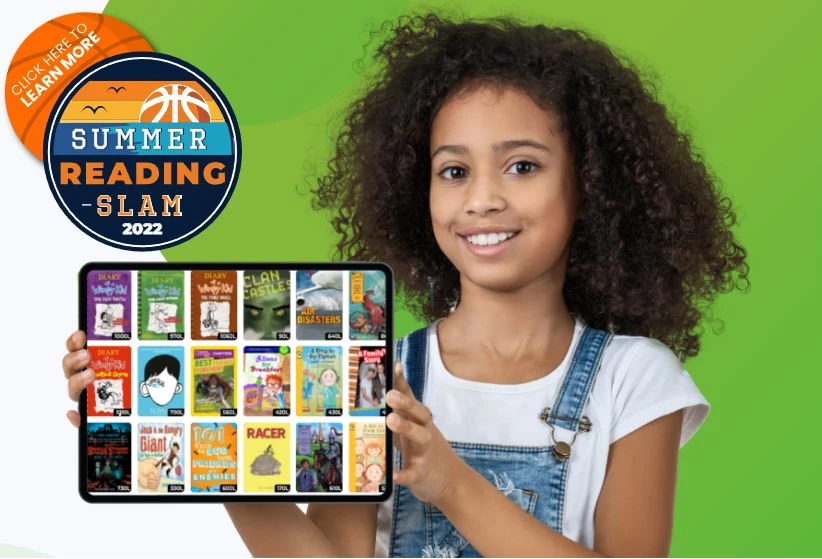
Whether you are brand new to the dyslexia world or have been navigating it for years, we hope this list of resources will help you feel confident supporting your child! Bookmark this page — this is information you’ll want to come back to!
1. Information for You
The following books and webpages are reputable sources on dyslexia, including signs your child might have dyslexia, descriptions of what dyslexia is, how to advocate for your child, and more!
- International Dyslexia Association: A premier dyslexia organization, you can find basics about dyslexia, a list of providers, and articles! Their family handbook is an excellent resource to guide you through your child’s dyslexia journey.
- Reading Rockets: A general resource on learning to read, their articles for parents include topics for struggling readers too! You can learn the ins and out of getting your child evaluated, advocating for your child, and finding help.
- Dyslexia Help from the University of Michigan: From early childhood through college, this website provides information for parents and students with dyslexia on how to succeed. It even includes Dyslexia Success Stories!
- The Yale Center for Dyslexia & Creativity: This strengths-based center has resources to support parents including articles from fellow parents of children with dyslexia! If you’re wondering how to choose a school, prepare for a school meeting, or talk to your child about dyslexia, this page is for you.
- Decoding Dyslexia: This is a parent-run organization that has groups in every state if you’re looking to connect with other parents!
- National Center on Improving Literacy: This organization has research-based blog posts on topics including what dyslexia is and which education plans are most appropriate.
- Overcoming Dyslexia: This book is a popular read for parents of children who are newly diagnosed with dyslexia but can be referenced as a resource for years.
- The Dyslexic Advantage: Written from a strengths-based perspective, this book shows you how you can take advantage of your child with dyslexia’s strengths to help them succeed.
2. Resources to Support Your Child
Becoming informed about dyslexia is a great first step, but you still need to know the practical side – how do I help my child at home? The following resources provide you the support you need to help your child.
- The Yale Center for Dyslexia & Creativity: Looking for a website where your child can learn more about their dyslexia? The Yale Center’s ‘Dyslexic Kids & Adults’ section provides articles for kids. Topics include tips from fellow students with dyslexia, information about what dyslexia means for them, and college planning guides.
- LightSail for Struggling Readers – Reading Modules: This online, subscription based resource offers personalized reading experiences to make reading engaging and accessible for your child! Their Personalized Reader allows you to change the font size, shade out text your child isn’t currently reading, and add read-alouds, all to support your child in their reading experience. Gamification makes it fun for them and automatic reading level tracking makes it easy for you to see their progress!
- LightSail for Struggling Readers – Writing Modules: LightSail doesn’t just support reading, it also has writing modules appropriate for children with dyslexia. Fun, personalizable writing prompts and graphic organizers help your child engage with writing. Importantly, you can leave your child video or audio instructions – this takes potential frustration out of the writing process!
- The Hank Zipzer Book Series: A whole series of fun, engaging chapter books about a boy with dyslexia! Your child will enjoy reading about Hank’s adventures and feel supported knowing he faces similar challenges and overcomes them.
- Thank you, Mr. Falker: A classic story about a teacher who supports a young girl with dyslexia, which is inspiring for children with and without dyslexia about how to support their peers.
- Looking for Heroes: Also appropriate for a tween or teen, this book features real letters from over 100 famous and successful people with dyslexia.
You don’t have to feel alone navigating the world of dyslexia! These books and resources will help both you and your child feel educated, empowered, and supported.

Posted on 8.Aug.21 in Struggling Readers




